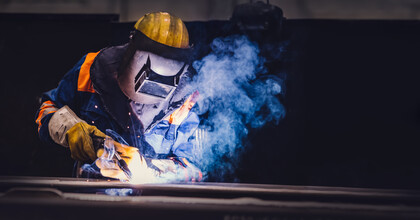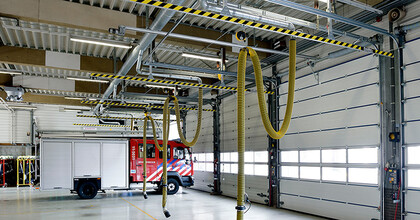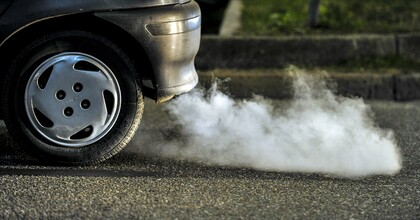Plymovent to Host Critical Webinar on the Dangers of Diesel Exhaust in the Fire Service
Plymovent is proud to announce an upcoming webinar titled “Clearing the Air: Understanding the Dangers of Diesel Exhaust in the Fire Service”, designed to educate and raise awareness about the significant health risks posed by diesel exhaust exposure in fire stations. This free webinar will take place on Thursday, April 3, 2025 at 12pm EST.
















